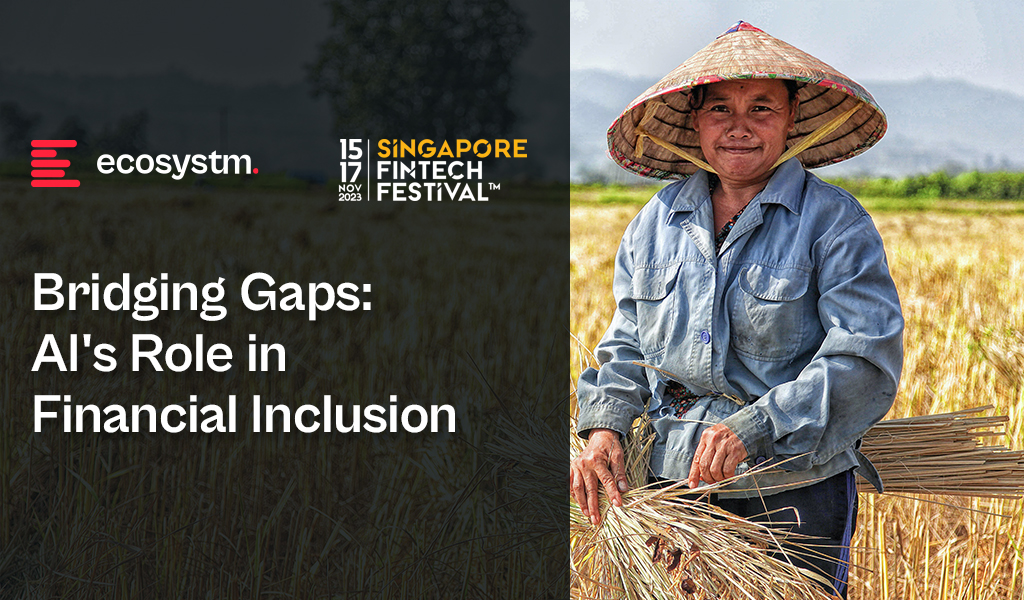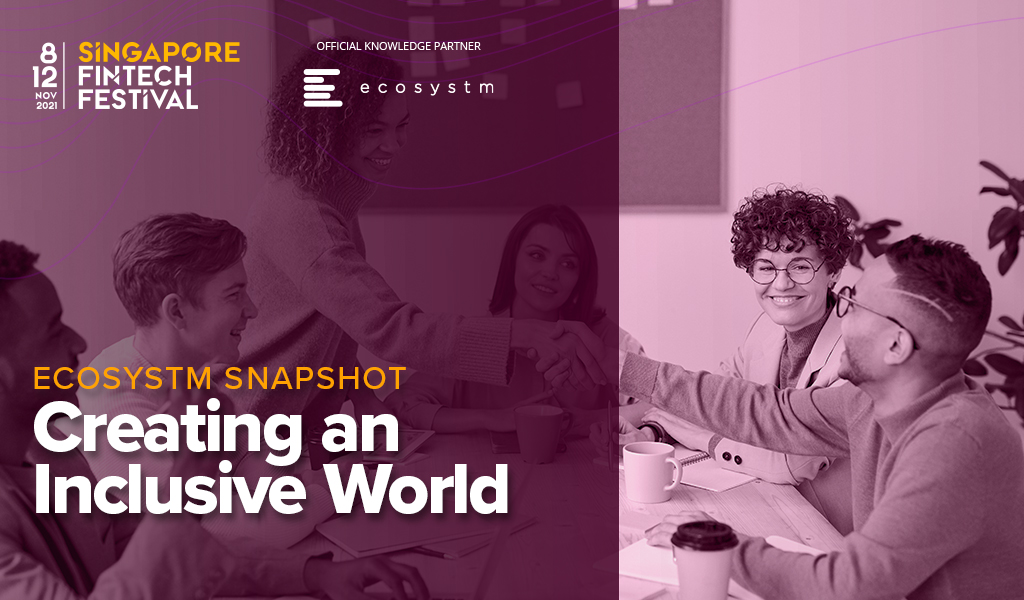Technological advancements have paved the way for banks and financial institutions to broaden their services globally. However, despite ongoing efforts to tackle disparities in access, systemic biases persist, including those related to race, gender, income disparities, and unequal lending practices, contributing to financial inequality.
Prioritising financial inclusion is crucial for fostering global economic growth and AI plays a significant role in achieving this objective.
AI is enhancing financial inclusion by providing financial education and minimising fraud in transactions, empowering previously underserved populations.
The Impact of Financial Inclusion
Impact on Individuals
It is transformative for poverty reduction, empowering marginalised populations to save and invest, providing a tangible path out of poverty. Additionally, access to insurance and savings accounts enhances personal resilience, helping individuals navigate financial risks associated with unforeseen events like health crises, natural disasters, and economic downturns. Financial inclusion is the first step towards social equity.
Impact on the Economy
It fuels economic growth by supporting small businesses and entrepreneurs, fostering innovation, job creation, and overall development. Beyond individual empowerment, it plays a crucial role in addressing global challenges, particularly by facilitating climate action in communities most affected by climate change.
Many market participants recognise the profound impact that financial inclusion can have on the economy and are collectively taking action.
Here are some examples of how they are leveraging AI to promote financial inclusion.
Click here to download ‘Bridging Gaps: AI’s Role in Financial Inclusion’ as a PDF

It is estimated that nearly 1.7 billion adults remain unbanked globally. Besides the unbanked there are large sections of the world that are underbanked or underserved because of geographical, educational and gender divides. And then there are the entrepreneurs and small and medium enterprises that find it harder to secure funds.
There are several ongoing initiatives by policy organisations, governments, corporates and FinTechs that aim to fulfil the goal of creating an inclusive world.
This Ecosystm Snapshot looks at some recent examples from central banks such as MAS, RBI, BSP Philippines, the Royal Monetary Authority of Bhutan; financial services providers such as Mastercard and Citi; and FinTechs such as Microchip Payments and Sempo.
To download this VendorSphere as a PDF for easier sharing, please click here.






















